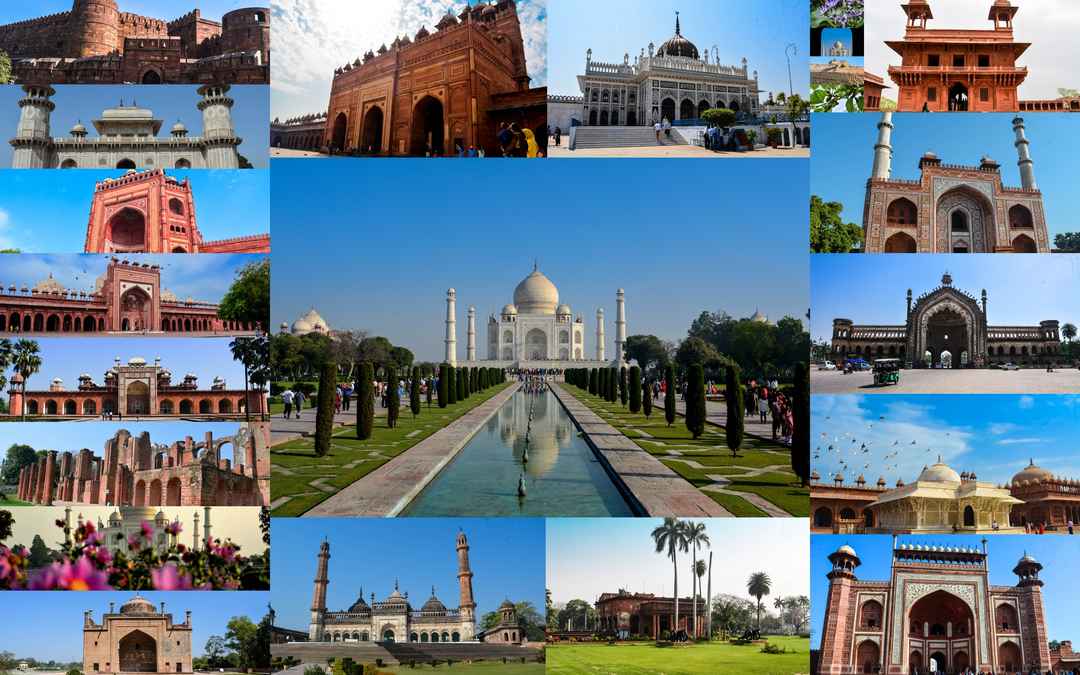Font size:
Print
Commission for Air Quality Management
Context:
The Supreme Court of India has criticised the Commission for Air Quality Management (CAQM) for its ineffective measures to control air pollution in Delhi.
More on News:
The court’s remarks came during a hearing on the persistent issue of stubble burning in neighbouring states, which significantly contributes to the capital’s deteriorating air quality.
Stubble Burning: A Persistent Problem
- The court’s criticism was primarily directed at the ongoing issue of stubble burning in Punjab and Haryana.
- Despite the CAQM’s efforts, including issuing advisories and holding meetings with stakeholders, the problem persists.
- The latest status report presented by the CAQM indicated 93 incidents of stubble burning in Punjab and 70 in Haryana between September 18 and 25.
About CAQM:
-
- The Commission for Air Quality Management in the National Capital Region and Adjoining Areas Ordinance, 2021, was issued on April 13, 2021.
- Establish a Commission that enhances coordination, research, and resolution of air quality issues in the NCR and nearby areas in Haryana, Punjab, Rajasthan, and Uttar Pradesh.
- This ordinance dissolves the Environment Pollution Prevention and Control Authority from 1998 and builds on a similar ordinance promulgated in October 2020.
Functions:
-
-
- Coordination: Coordinate actions under the Ordinance with the relevant state governments (Delhi, Haryana, Punjab, Rajasthan, and Uttar Pradesh).
- Planning and Execution: Develop and implement plans to prevent and control air pollution in the NCR.
- Pollutant Identification: Establish a framework for identifying air pollutants.
- Research and Development: Conduct research by collaborating with technical institutions.
- Workforce Training: Train and create a specialised workforce to address air pollution issues.
- Action Plans: Prepare various action plans, including initiatives for increasing green cover and tackling stubble burning.
-
Composition:
- Chairperson: A government official of the rank of Secretary or Chief Secretary.
- Members:
- A Joint Secretary as the member-secretary.
- Three independent technical members with expertise in air pollution.
- Three representatives from non-governmental organisations (NGOs).
- Ex-officio Members: Officials from the central government and relevant state governments, along with technical members from organisations like the Central Pollution Control Board (CPCB) and the Indian Space Research Organisation (ISRO).
Powers:
- Activity Restriction: Ability to restrict activities that negatively influence air quality.
- Investigation and Research: Authority to investigate and conduct research on environmental pollution affecting air quality.
- Codes and Guidelines: Power to prepare codes and guidelines for preventing and controlling air pollution.
- Issuing Directions: Can issue binding directions on matters like inspections and regulations for concerned individuals or authorities.
- Violating the provisions of the Bill or the Commission’s orders can result in penalties of up to five years of imprisonment, fines of up to one crore rupees, or both.


